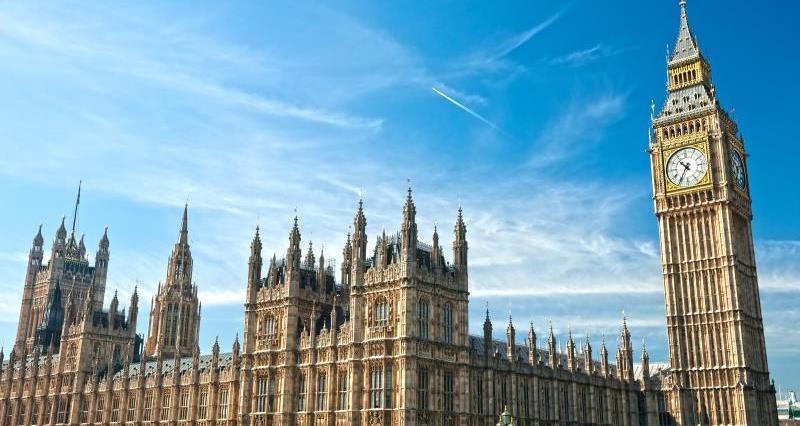You can view the call for evidence at the UK Parliament website: The Scrutiny of International Treaties and other international agreements in the 21st century
On this page, we provide an overview of the points we made in our submission.
NFU members: You can also download and read our full submission document: NFU response: Scrutiny of trade deals
In the UK, the government negotiates, signs, ratifies, and withdraws from treaties under the royal prerogative. This means that Parliament does not have a legal role in setting the negotiating objectives for an agreement, monitoring the progress of negotiations, or overseeing the implementation of a trade deal. Since 2010, Part 2 of the Constitutional Reform and Governance Act 2010 (CRAG) defines the role of the Parliament in the approval of treaties.
Under CRAG, once Parliament is presented with the finalised version of a treaty (which includes trade agreements) by the government, both Houses have 21 sitting days within which to scrutinise the treaty. During this time either House can agree a motion that the treaty should not be ratified, or if no motion is passed against it, the treaty is automatically ratified at the end of the 21-day period. In this process, only the House of Commons can delay ratification of treaties, which makes its lack of activity in scrutinising recent trade agreements a concern.
